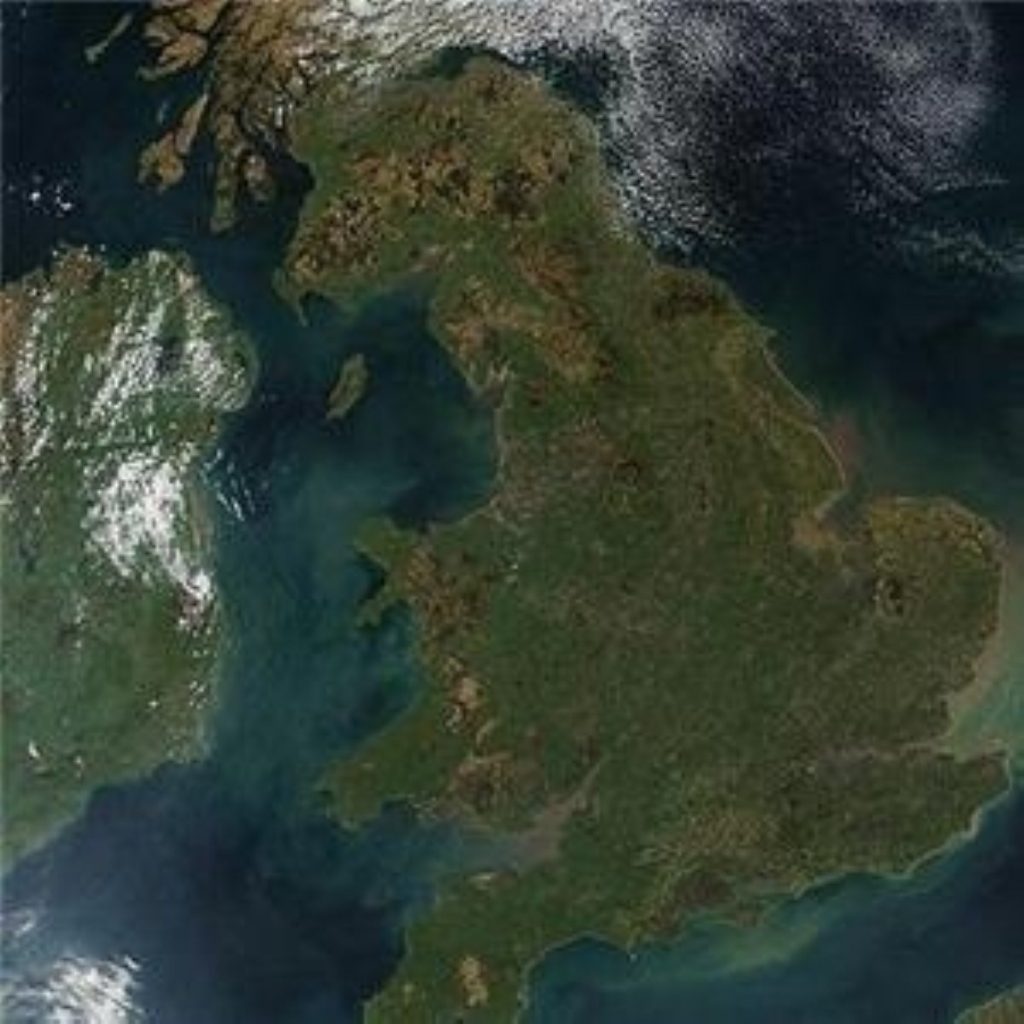Revealed: The end of civil liberties
By Ian Dunt
The first extensive audit of the loss of civil liberties in the UK has been published, documenting a catalogue of restrictions of fundamental British freedoms.
Among the 60 new powers contained in over 25 acts of parliament published by the Convention on Modern Liberty, are laws allowing 28-day detention without charge and restrictions on protest.
Other changes include email, telephone and letter interception, electronic tagging, house arrest, private coroners’ inquests and restrictions on photography.


Former shadow home secretary David Davis said the report revealed how British freedom had been chipped away bit by bit.
“The government is casually disregarding our civil liberties in the face of problems to which it has no adequate solutions,” he said.
“There will always be threats to our country whether it be in the face of terrorist activity or crime and we must fight for our liberties and win the battle each time.”
Henry Porter, co-director of the Convention on Modern Liberty, said: “One of the problems with the erosion of liberty in Britain over the last decade was that the public failed to pay attention to what was happening in parliament.
“Laws that fundamentally challenged our traditions of rights and liberty and flew in the face of the Human Rights Act were passed with relatively little debate.
“Few grasped the impact they would have on our society and ministers were able to brush aside protests with assurances that their desire to protect us was equal to their respect for civil liberties.”
The Home Office said its counterterrorism programme was “proportionate”.
“The government has been clear that where surveillance or data collection will impact on privacy they should only be used where it is necessary and proportionate,” a spokesman said.
“The key is to strike the right balance between privacy, protection and sharing of personal data.”
The 20 page report was compiled by University College London’s (UCL) student human rights programme.












